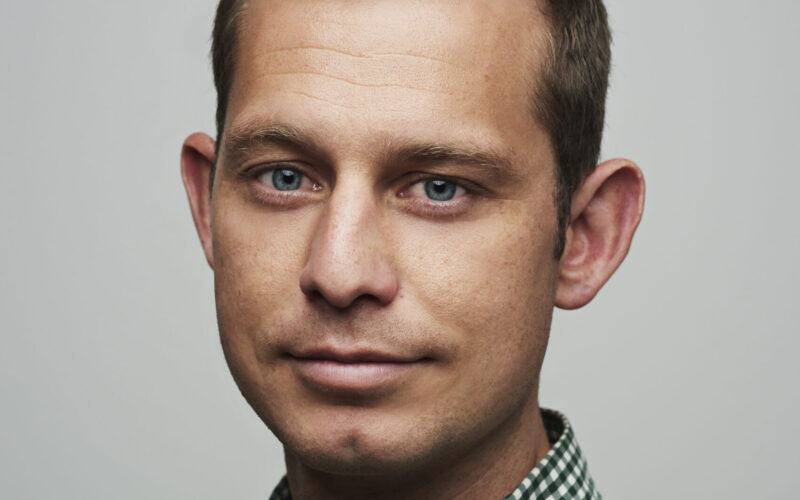Had political and primary sector leaders acted earlier to address climate change, the challenge facing the sector would be less dramatic and stressful, says Nuffield scholar Daniel Eb.
A lack of long-term planning within the primary sector meant any response was reactive and that delay has handed the initiative to the government.
Eb said with such a seismic shift underway, it should be driven by the sector not the government.
“We react, react and react. I don’t think I can point to a piece of work in the past decade about building a farming system for the future.”
Such a long term view is needed because the world in 2050 will be vastly different from the world today.
”What will be the farming sector’s place in the that world?”
Eb believed successive farming leaders for the past 20 years have let down their constituents by not looking ahead and confronting these looming challenges, resulting in what he calls the current “crash carbon programme”.
Debate has become heated over the government’s response to the sector’s proposed climate change policy, He Waka Eke Noa (HWEN), and Eb said the government process has not been helpful.
Reducing the classes of vegetation recognised as carbon sequestering and a complex incentive process have alienated farmers.
“When change is forced onto to me, I feel pushed into a corner and harassed. When change is done by me, it feels like liberation,” he said paraphrasing a famous quote.
Farmers feel their voices have not been heard and Eb said any solution to the current impasse means listening to people.
A solution can be as simple as the layout of a meeting venue.
Typically chairs are lined up facing the stage. He suggests arranging them in a circle on the same level as the speakers and ensuring everyone has a say.
“That is actually dialogue as opposed to venting, which is a sign of a lot of tension and frustration.”
After the 2018 French protests, dubbed the yellow vests, the government organised thousands of small meetings around the country to allow people to express their concerns, which were fed back to the government.
The protests were in response to soaring living costs and economic inequality, but Eb said the community meetings defused the tension.
“If people don’t feel as if their voice is being heard they gravitate to something they feel is more representative of their views.”
He describes environmental legislation as the elephant in the room, which is made worse by a farming system that is more focused on controlling costs than growing value.
He said a new model is needed that is less reliant on input costs.
“It is the job of leaders to address the root causes of those rising costs rather than responding to the crisis of the day.”
Eb acknowledged there are currently few markets paying premium prices for carbon neutral animal protein but said that will change.
“Five years ago carbon neutrality was not being talked about. In five years’ time when the world is warmer and people we sell to are dealing with more wildfires and severe flooding, that will change.
“Leaders have to chart a future and make a play which makes us relevant into the future.”
Food insecurity will also change buying patterns and that means ensuring a relentless focus on quality product and customer needs.
“We either become the best food producers in the world, and that means being carbon neutral, or we play second fiddle to Ireland and Wales.”






